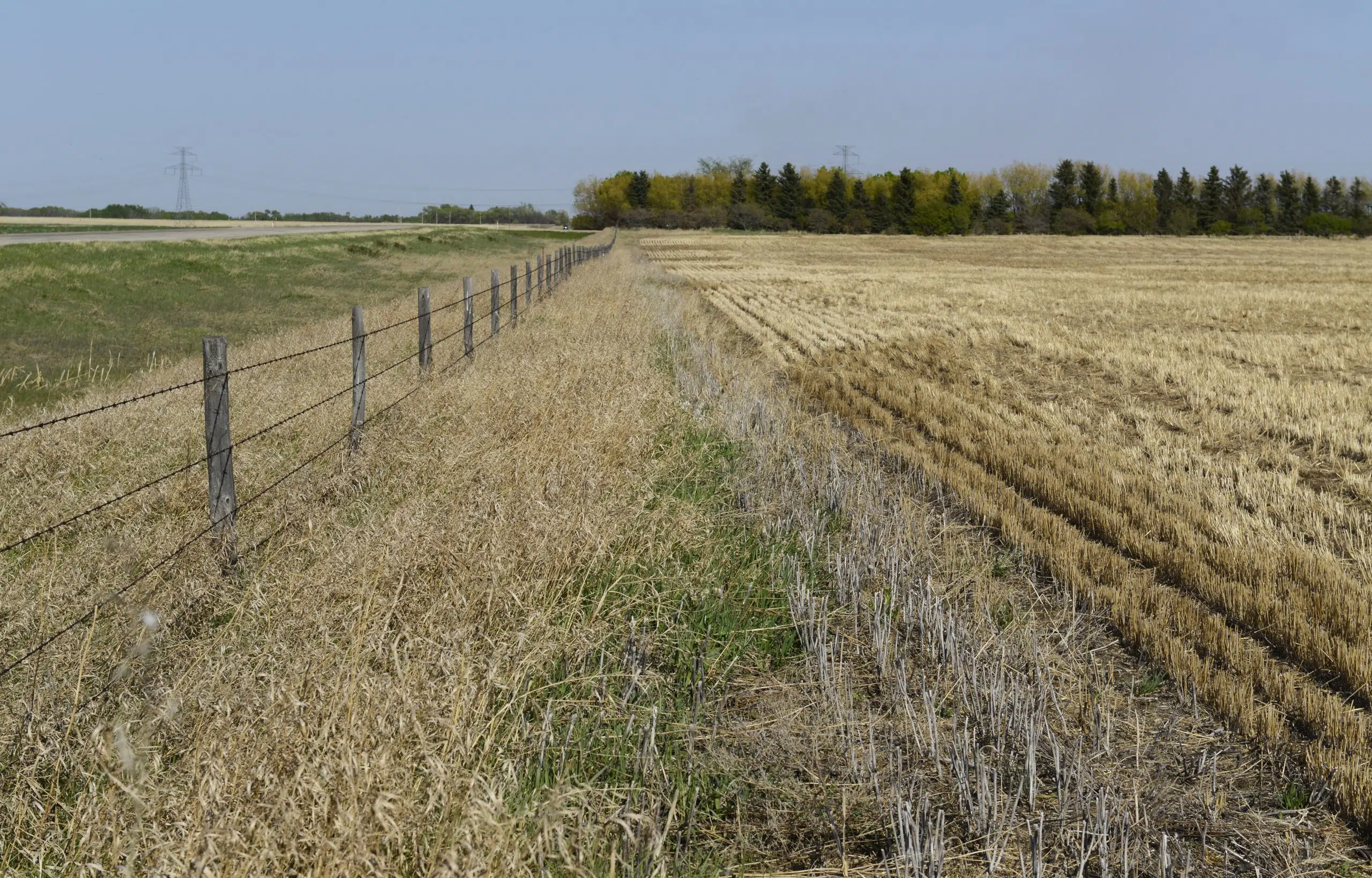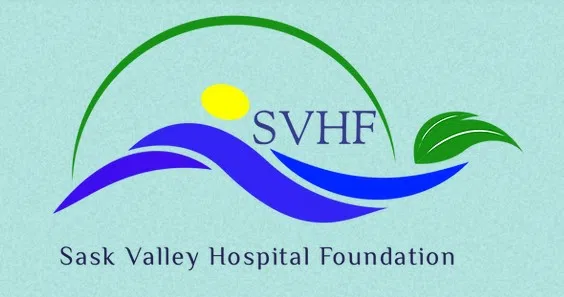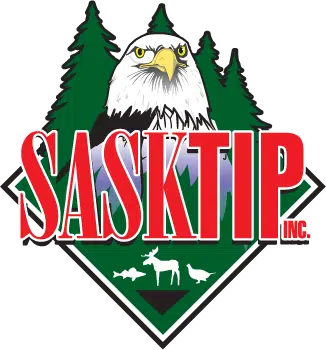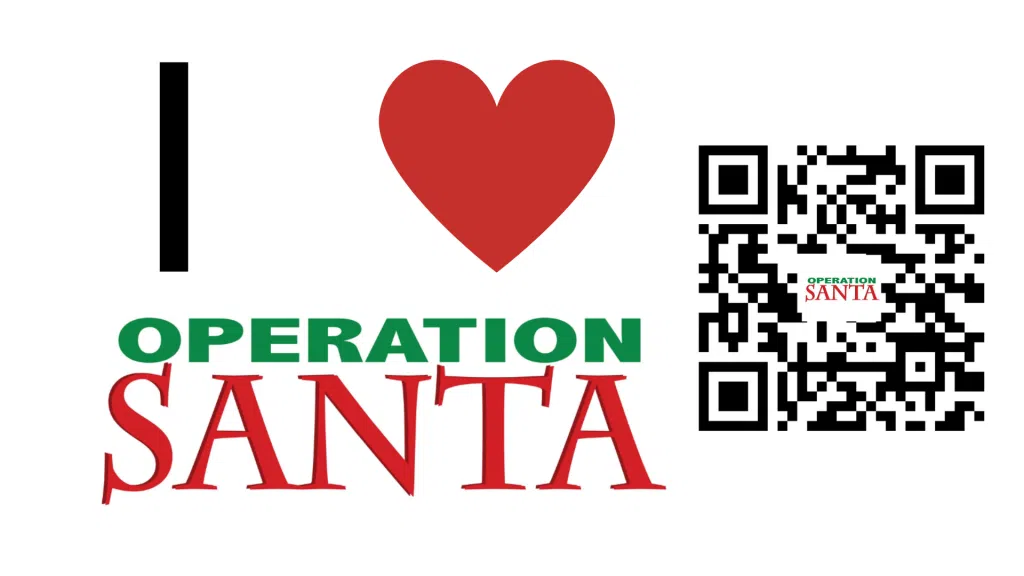
Foreign entities purchasing Saskatchewan farmland could be the reason farmland values are on the rise.
The Provincial Auditor for Saskatchewan has released her second report for 2024, with Chapter 11 focusing on the regulation of foreign ownership of Saskatchewan farmland. The report states that in 2023, Saskatchewan farmland values rose by about 15%, this being the highest increase seen across all of Canada. After reviewing the 6-person Farm Land Security Board’s regulation process, auditor Tara Clemett found that….
“There may be instances of farmland purchased or leased by foreign entities and not addressed by the Farmland Security Board. We found the Board did not request statutory ownership declarations for 9 of 18 farmland transactions we tested where the purchases were made by corporations not registered in Saskatchewan.”
She adds that the board needs to review farmland transaction much sooner after they occur than they currently are…
“At August 2024, staff reviewed transactions about five months after they occurred. Not reviewing farmland transactions timely delays identifying potential non-compliance and taking enforcement action.
The report stated that the board adequately identified risks but did a poor job at taking further enforcement action.
“We also found the Board does not have escalation procedures that outline when staff should take further action, like fines or penalties. Escalation procedures could be used when ownership declarations are requested and not received. We identified eight such instances.”
For example…
“What they’re doing right now is they’re asking for those ownership declarations. They send a letter, if somebody doesn’t respond within 60 days, they send another letter. If I still don’t get something, so sometimes it’s been two years, you should probably have escalation procedures so that staff and the Board know what to do next and eventually get what they have asked for.”
In an effort to prevent further instances like these, she put forth 10 recommendations. These include instructing them to request proof of residency from higher risk farmland purchasers, review transactions sooner, and following identified noncompliance, instruct foreign entities to sell farmland in a timely manner.
She adds that over the last five years, 140 exemptions have been granted to non-Canadian entities looking to purchase more than 10 acres of farmland, the majority of them being European.


























